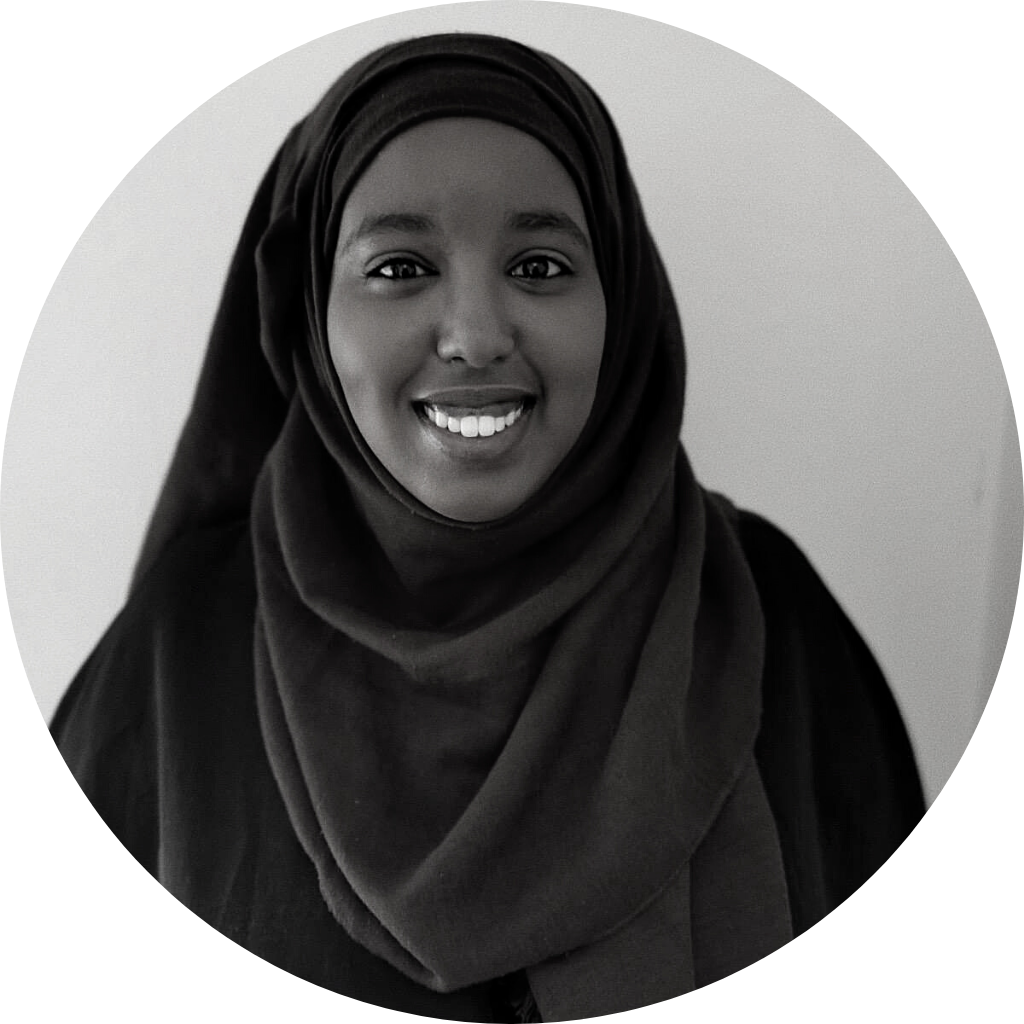International Day of Persons with Disabilities: MHE flags the systemic issues that must be addressed to tackle discrimination and secure inclusion for all

Guided by key international and European frameworks such as the UN CRPD and the European Disability Rights Strategy, MHE is dedicated to a fairer, more equal society and fully endorses the shift towards the psychosocial approach to disability
The International Day of Persons with Disabilities (IDPD) falls every year on the 3rd of December aiming to promote empowerment and mobilise support for the dignity, rights, and wellbeing of persons with disabilities. This year’s IDPD focuses on the ‘Leadership and participation of persons with disabilities toward an inclusive, accessible and sustainable post-COVID-19 world’.
Psychosocial disability is a mental health problem which, when combined with barriers in society, becomes disabling. Only in 2016, one in six people – about 84 million individuals – had a mental health problem across EU countries. Whilst people with mental and psychosocial disabilities represent a significant proportion of the world’s population with special needs, Europe is still particularly not inclusive or accessible for all, including those with less visible disabilities.
Mental health impacts everyone, with distress being caused by a variety of factors including wider socio-economic issues, challenging or traumatic life events. According to the latest OECD ‘Health at a Glance 2021’ Report, the mental health impact of the pandemic has been massive, with experiences of anxiety and depression more than doubling in most countries.
In Europe, many fundamental questions concerning the realisation of the rights of persons with psychosocial disabilities remain unaddressed. All people with mental health problems, including people with psychosocial disabilities, are entitled to enjoy their civil and human rights like everyone else. Nevertheless, issues still persist, ranging from higher unemployment rates among persons with psychosocial disabilities to the denial of the right to vote and barriers to access human-rights based quality care.
Mental health laws still exist that allow for some forms of involuntary treatment, including forced institutionalisation. With such ingrained forms of human rights violations, we have a long way to go to end coercive measures in Europe’s mental healthcare system.
An example of this includes the so-called draft additional protocol to the Oviedo Convention at the Council of Europe, which Mental Health Europe (MHE) has been advocating against for years (#WithdrawOviedo Campaign). Such protocol would further cement the idea that others, including mental health professionals, uphold authority over our bodies and can subject them to involuntary treatment. MHE will continue to advocate for all members of the Council of Europe Bioethics Committee to reject the damaging draft protocol to the Oviedo Convention.
Moving towards human-rights compliant community mental health care is an obligation under the UN Convention on the Rights of Persons with Disabilities (UN CRPD), which all EU member states and the EU itself have ratified. Mental Health Europe and its members have been working towards this vision for a long time. This year, MHE launched its new Strategy outlining some of the most urgent mental health priorities including tackling discrimination and securing equal access to services, which will underpin MHE’s work for the upcoming years.
MHE is committed to contributing to an equal society where living conditions for persons with disabilities are as good as those for people without disabilities and to a Europe where everyone’s mental health and wellbeing flourish across their life course. We hope we can count on everyone’s support to build a fairer and more equal world.
Stay connected
Get our latest news, personal stories, research articles, and job opportunities.

